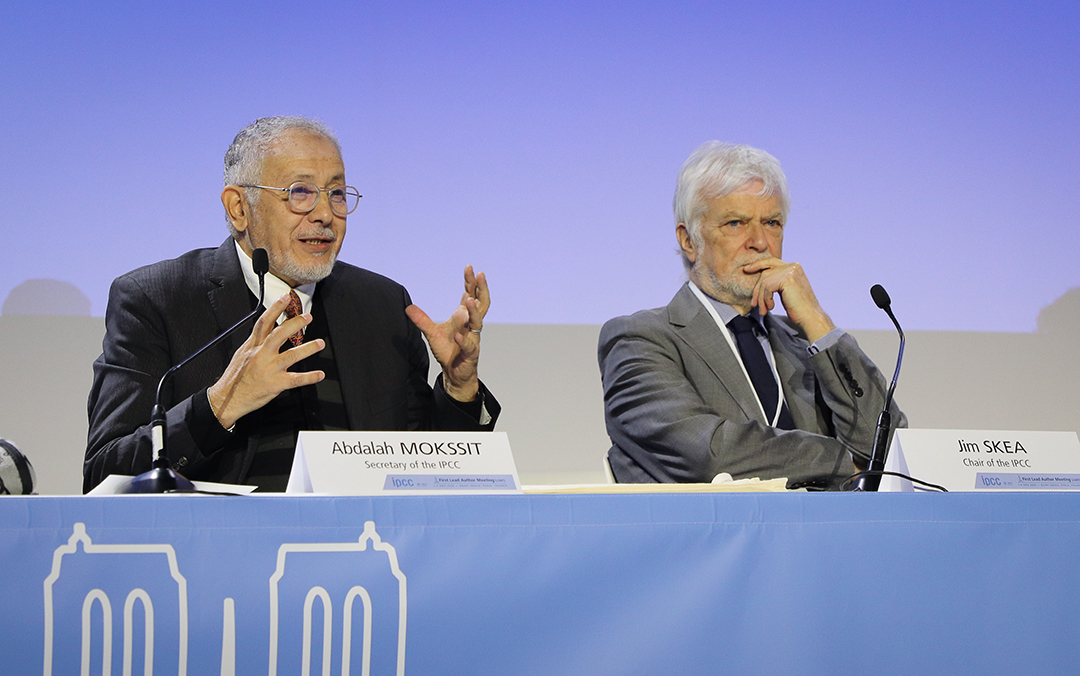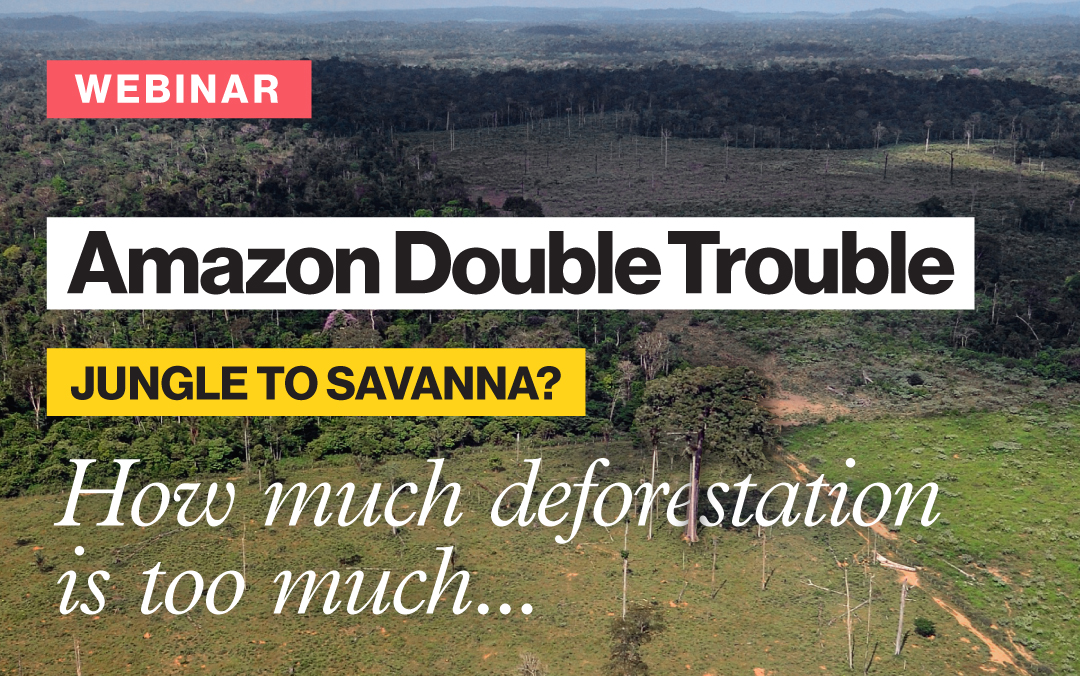As the planet continues to warm at an alarming rate, critical Earth systems such as ocean currents, rainforests, and ice sheets may be nearing points of no return. In a recent webinar, Prof. Niklas Boers, a leading expert in Earth system dynamics, outlined the growing risks posed by human-induced climate change and land-use alterations. Highlighting three potential tipping points—the collapse of the Atlantic Meridional Overturning Circulation (AMOC), the dieback of the Amazon rainforest, and the destabilization of the Greenland ice sheet—Boers underscored the urgency of understanding how these systems might cross critical thresholds, with potentially irreversible consequences.
What You Need to Know:
- Anthropogenic Climate Change: Human activities have significantly increased global temperatures, with the Arctic warming much faster than other regions. This phenomenon is already impacting vulnerable Earth systems.
- Climate Tipping Points: Key systems like the AMOC, Amazon rainforest, and Greenland ice sheet face the threat of abrupt transitions, potentially leading to catastrophic outcomes such as ocean circulation collapse, rainforest dieback, and massive sea level rise.
- Sea Level Rise: If the Greenland ice sheet fully melts, it could raise sea levels by 7 meters. A brief window exists to reverse this course by urgently reducing global temperatures.
- AMOC Instability: Increased freshwater from melting ice sheets could disrupt the AMOC, affecting global weather patterns, including tropical monsoons and rainfall distribution, with severe consequences for ecosystems and agriculture.
- Amazon Rainforest: The Amazon may transition to a savannah-like ecosystem if deforestation and climate change continue unchecked. This could trigger self-amplifying feedback loops, drastically reducing rainfall across the region.
- Paleoclimate and Model Simulations: Historical climate data and advanced simulations suggest that these systems are becoming more unstable, but predicting exactly when they will tip remains highly uncertain due to the complexity of climate dynamics.
- Challenges in Predicting Tipping Points: Although early warning signals exist, the inherent complexity and data gaps in these systems make it difficult to pinpoint when tipping points will be reached.
Key Takeaways:
- Urgent climate action is needed to prevent irreversible shifts in major Earth systems.
- Predicting the timing of these tipping points is difficult, but the risks are growing.
- AMOC collapse, Amazon dieback, and Greenland ice melt could have severe, long-lasting impacts on global weather, ecosystems, and sea levels.
This webinar highlights the critical need for further research and immediate climate action to mitigate these risks before it's too late. Watch the full talk below or on YouTube.
Join Next Webinar
Tune in online for future ClimTip webinars on the first Tuesday of every month using this Zoom link. No registration needed. Visit our Youtube channel to access the webinars library.
Image credit: Youtube thumbnail collage by Kuat Abeshev. Background image credit: AI-assisted artwork by Kuat Abeshev.





